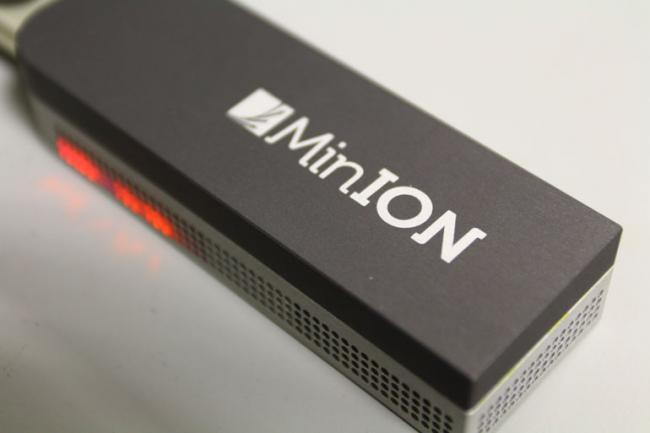We encourage researchers to think about how they can translate and apply their expertise and knowledge for the greatest benefit to society.
We are working with researchers to show how knowledge can be transferred and how to overcome any barriers they may have, whether real or perceived. Part of this process involves developing the entrepreneurial mindset - how to look out for opportunities,so that researchers are able to make the most of them when they come along.
We also host a number of events which bring together researchers, industry, breeders, and other stakeholders such as funders or government organisations. A great example is EI Innovate, where many collaborations have been sparked over the last couple of years. Our single-cell genomics group also hosts the annual Single-Cell Symposium, which is a fantastic space to foster collaboration.












